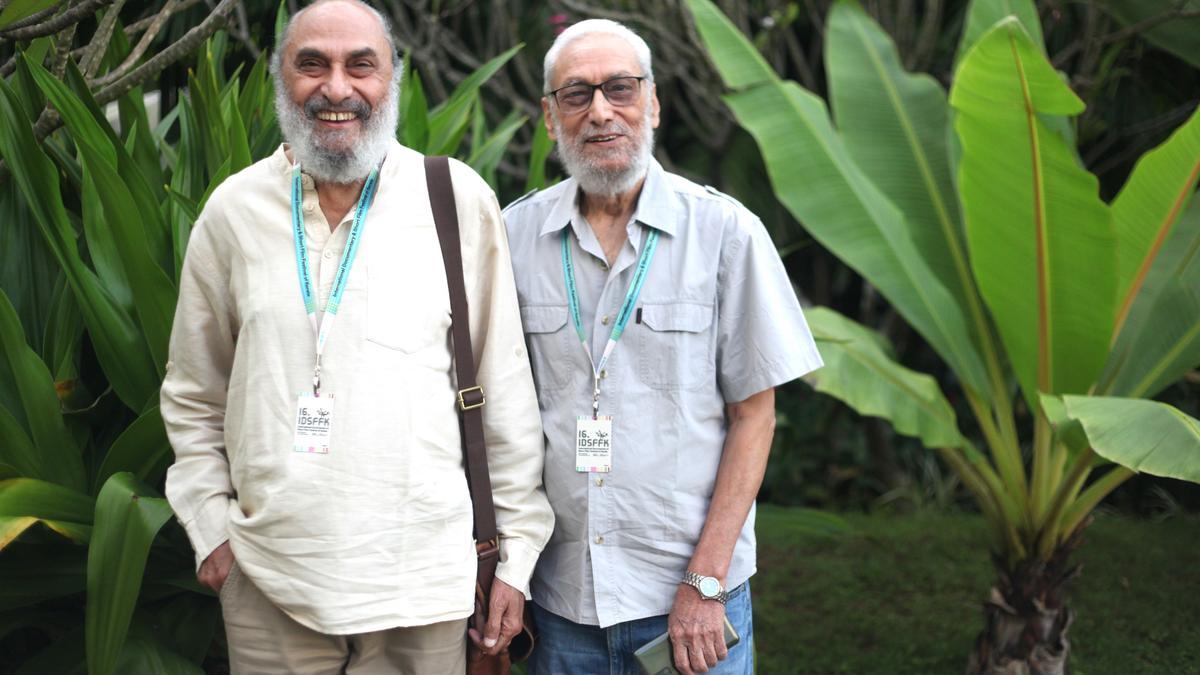
In a dramatic yet familiar scene in the world of cricket, Pakistan finds itself on the brink of elimination from the T20 World Cup 2024 after suffering consecutive defeats. Their most recent debacle came against their arch-rivals, India, failing to chase a modest target of 120 runs, losing the match by a mere six runs. This latest defeat sparked an outpour of criticism from former cricketers and fans alike, aimed squarely at the beleaguered team and, in particular, all-rounder Imad Wasim.
Among the voices of disapproval is Salim Malik, a former captain of the Pakistan cricket team, who didn’t hold back in his assessment. Malik accused Imad Wasim of intentionally wasting deliveries, thus complicating the run chase for the team. Imad Wasim, who found himself promoted to bat at number five, managed to score only 15 runs off 23 balls. His sluggish innings included just a single boundary and three consecutive dot balls off Axar Patel in the 16th over, which Malik criticized sharply during his appearance on 24 News Channel.
“Looking at his (Imad Wasim’s) innings, it appears as if he was deliberately wasting deliveries, not focusing on scoring runs, thereby making the run-chase even more difficult,” Malik stated with evident frustration. Malik’s pointed critique reflects a growing frustration within the cricketing community and the nation, as the once hopeful T20 World Cup campaign now hangs by a thread.
Another prominent figure, Shahid Afridi, who led the Pakistan team in the past, also weighed in on the situation, suggesting deeper issues within the team’s dressing room. Afridi teased significant revelations post-World Cup, suggesting that leadership and team unity might not be as cohesive as one would expect. “A captain’s role is to unite the team, either he creates a positive environment or he destroys it. Let this World Cup finish, and I will speak openly. Given my relationship with Shaheen (Afridi), if I talk about him, people will say I am favouring my son-in-law,” Afridi remarked, pointing towards imminent admissions that could unravel internal team dynamics.
The critique didn’t end there. Shoaib Akhtar, known for his fiery pace and equally fiery opinions, expressed his disappointment candidly on social media platform X (formerly Twitter). Through a video message, Akhtar lamented, “I think I should have a template text. Disappointed & hurt automatically set to be posted. The whole nation is down and out.
. Morale is down. Somehow you have to show intent to win. Do Pakistan deserve to be out of Super Eight? God knows,” echoing the sentiments of a disheartened nation.
The abysmal performance against India not only highlighted strategic failures but also opened a Pandora’s box of concerns about individual performances and team morale. The critics underline a lack of coherence in strategy, unity, and leadership. Malik’s sharp words, Afridi’s hints at deeper dysfunctions, and Akhtar’s sorrowful reflections all paint a bleak picture of Pakistan’s current standing in the T20 World Cup.
The fact that Pakistan failed to chase a target of 120 runs is seen not just as a loss on paper, but a telling sign of underlying troubles. As Malik pointed out, Imad Wasim’s innings could be dissected as an instance where the pressure got to him and possibly to the team’s game plan. Wasim’s inability to rotate the strike and find boundaries during crucial overs was critical, leading to a significant build-up of dot balls that magnified the pressure on the other batsmen.
Intriguingly, Afridi’s comments hint at broader issues that go beyond just a single match or individual performances. If anything, his words suggest that all is not well in the team’s environment, an observation that might explain the dismal performances on the field. The role of the captain, in this case, comes under scrutiny as well, underlining the need for leadership that not only directs but inspires and unites.
Akhtar’s echoes of national morale being down serve as a reminder of the broader impact cricket has on the Pakistani psyche. Cricket is not just a sport in Pakistan; it’s a source of national pride and an escape from everyday challenges. Hence, the team’s performance has social and cultural ramifications, contributing to national well-being or distress.
As the tournament progresses, it remains to be seen whether Pakistan can muster a late resurgence or if internal revelations post-World Cup will lead to significant changes in the team’s structure and strategy. What is certain is that the criticism from former stalwarts like Malik, Afridi, and Akhtar will reverberate through the corridors of the Pakistan Cricket Board, potentially leading to introspection and eventual overhaul.
For now, the Pakistani cricket fans are left with hope and trepidation as they watch their team wade through the tumultuous waters of the T20 World Cup 2024.










